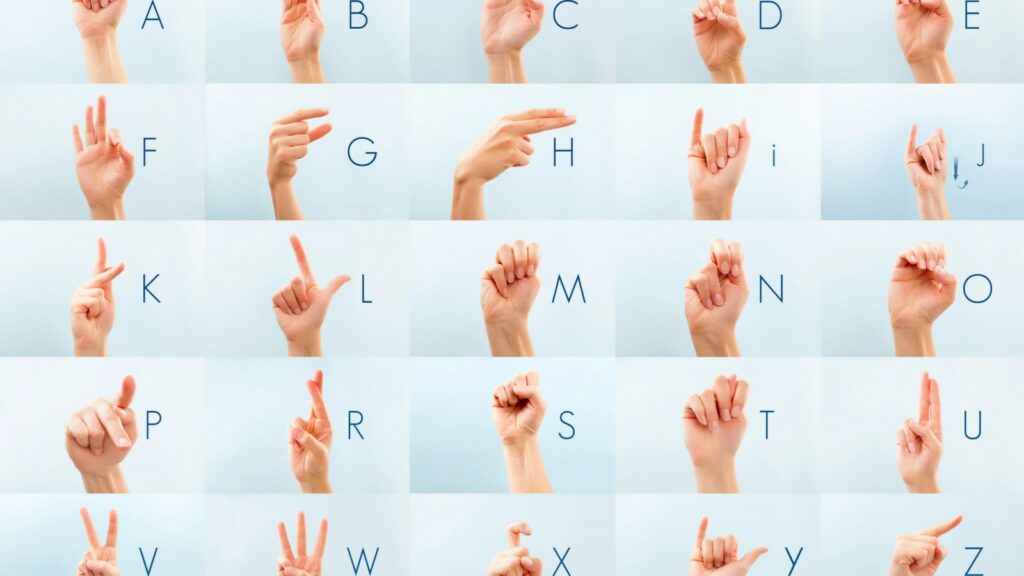

By Sola Ogundipe
Towards mitigating the challenges faced by people who are deaf or hard of hearing, sign language interpretation will now be a permanent feature on daily Nigerian national news briefings on television.
People with disabilities usually miss out on essential information about COVID-19, hence the inclusion of sign interpreters to ensure COVID-19 information and other bulletins are more accessible for people with hearing impairments so that they can have essential information on how to protect themselves from the infection.
The inclusion of interpreters comes as global charity Sightsavers has been campaigning for more accessible ways of sharing information to ensure people with disabilities are not left behind during the global response to COVID-19.
The interpreters first appeared in late June 2020 and are being carried forward with permanent contracts following a pilot in July. They will be employed initially through Inclusive Futures, a new UK aid-funded global partnership of 16 development bodies led by Sights
avers. The organisations are collaborating to promote the inclusion of people with disabilities across healthcare, employment, and education.
READ ALSO: Sexual Offences: We need sign language interpreters in court ―Judge
In a statement, Rasak Adekoya, Sightsavers’ Programme Officer in Nigeria said: “I’m really excited to see this development and the commitment the Nigerian government has made. It shows the power of collective action and our ability at Sightsavers to advocate and make a real impact for people with disabilities.
“We’re always focusing on how to make our impact as sustainable as possible, and with the support of the government hopes this will be a long-lasting change. It’s sending lots of positive signals about the importance of inclusion – one action leads to more.
“We hope that this will inspire more progress in the country toward including people with disabilities.”
People with disabilities are at greater risk because they are missing out on vital information that is not provided in accessible formats.
The Inclusive Futures consortium is advocating for an inclusive response to COVID-19, one that does not leave people with disabilities behind. The initiative is working in partnership with people with disabilities and the organisations that represent them, as well as the public and private sectors, in Nigeria, Bangladesh, Nepal, Kenya, Jordan, Tanzania, and Uganda.
In Nigeria, the programme is focusing on better long-term prospects for job seekers with disabilities and employers, improving inclusive primary education, developing an inclusive health approach to improve equity in access to eye care services, and tackling stigma and discrimination against people with disabilities using the media and radio.
The post COVID-19: Nigeria prioritises sign language on TV appeared first on Vanguard News.
https://ift.tt/3g6sELz by Lawal Sherifat via Vanguard News Albert Einstein Fools of Fortune
Comments
Post a Comment